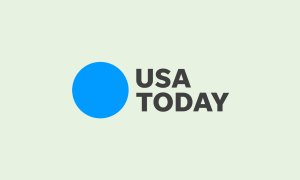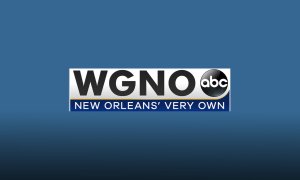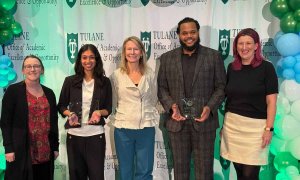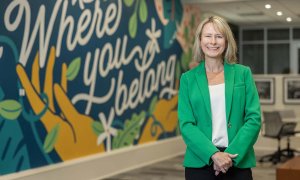New Tulane SoPA program helps ease path to CPA licensure
The American Institute of CPAs (AICPA) and National Association of State Boards of Accountancy (NASBA) will launch an innovative post-graduate program this fall in collaboration with the Tulane School of Professional Advancement (SoPA). The program blends rigorous online learning with on-the-job professional experience for college accounting graduates, offering a less costly and more flexible way to complete the 150-hour course credit requirement to become a licensed CPA.
There has been widespread concern within the CPA profession about a decline both in the volume of accounting graduates and the number of candidates who subsequently go on to take the CPA Exam. The AICPA-NASBA initiative, called the Experience, Learn and Earn (ELE) program, is designed to help resolve some of the financial hurdles to college graduates’ pursuit of the CPA license by integrating relevant online study with work experience through a participating accounting firm. Tulane SoPA will pilot the innovative program during the upcoming academic year, with initial classes beginning in January, and there are plans to add other universities in short order.
“CPAs perform respected, rewarding work and their lifetime earning potential is substantial,” said Susan Coffey, CPA, CGMA, AICPA’s CEO of public accounting. “Yet we’re all aware of the soaring cost of education and the need for college graduates to pay off student debt and support themselves. The ELE program offers prospective CPA candidates a program that can reduce their cost of education, allow them to earn a paycheck, and advance their careers at the same time.”
The ELE program is designed for accounting majors who have completed their bachelor’s degree and core accounting classes but possess fewer than the 150 credit hours required for licensure.
Here’s how the pilot is expected to work:
- Accounting graduates join an ELE-affiliated firm as a paid staff member
- Program participants earn up to 30 university credits through self-study online courses, with firms agreeing to provide time during the week for course work in a balanced, flexible way
- Credit-hour costs are set at highly affordable rates
- Participating firms are expected to provide support and mentoring to help program participants work toward their CPA license
“Lessons from this pilot will be applied to extensions of the program at other universities, with the idea the initiative can grow quickly to meet the demand nationally,” said Ken Bishop, president and CEO of NASBA. “The ELE program reinforces the rigor we want reflected in CPA licensure with the needed flexibility and support for today’s accounting graduates.”
Tulane will offer an initial library of courses in topic areas relevant to a student’s career in accounting, as well as those which accounting firms believe will jump-start participating associates’ careers. As the program grows, additional courses are expected to be added from other universities, allowing participants and firms the ability to customize integrated “learning and earning” plans.
“We’re excited to bring Tulane’s expertise to the ELE program and help expand opportunities for students who students who want a high-quality academic experience that is also flexible,” said Suri Duitch, dean of Tulane’s School of Professional Advancement.
Firms interested in participating in the pilot can find information at ExperienceLearnEarn.org. ELE is part of a package of initiatives the AICPA is pursuing as part of a national strategy to address CPA pipeline issues. It’s also an important project for NASBA in support of state boards and the licensure of new CPAs.




